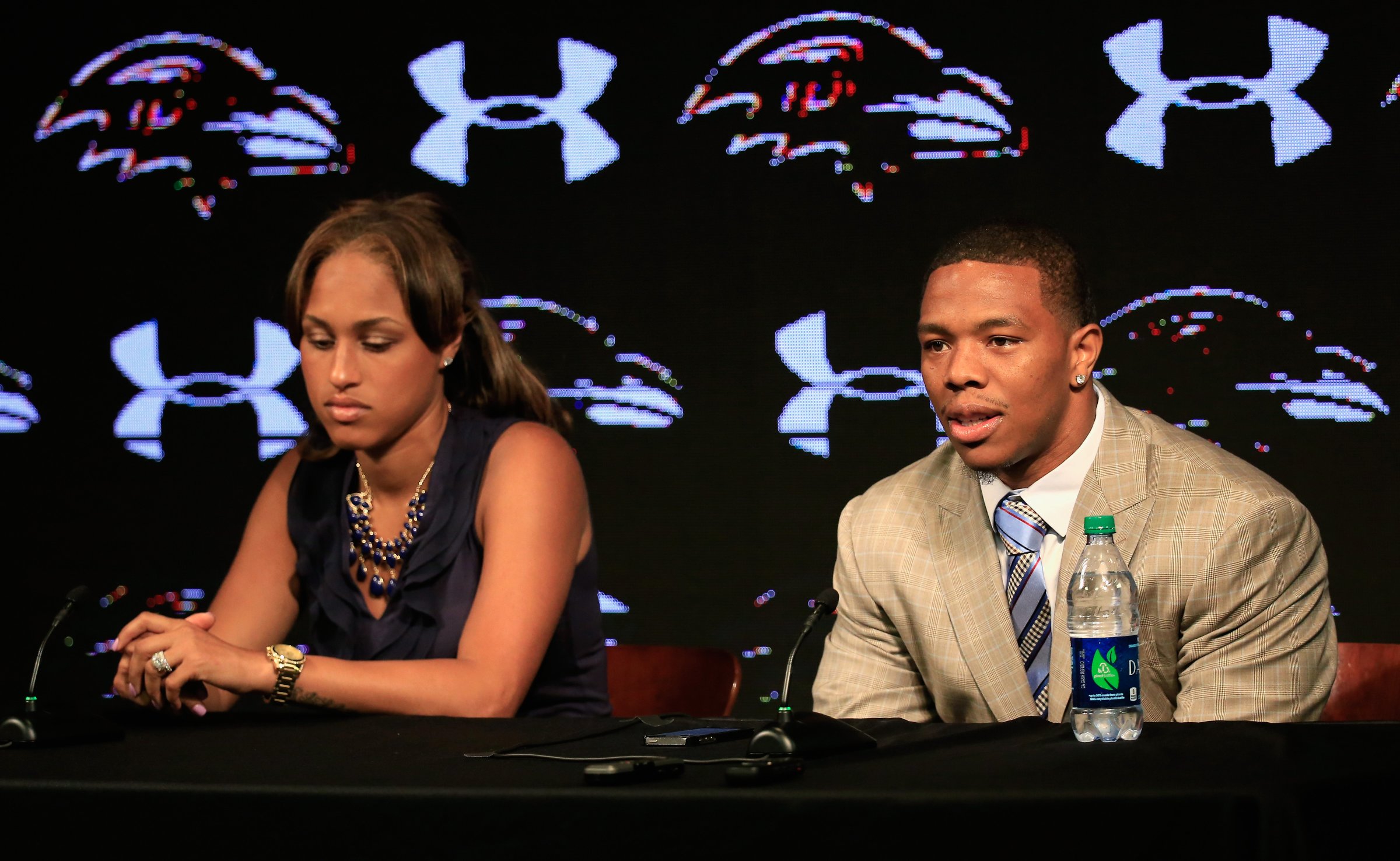
One of the hardest things I had to do as a doctor was to decide to operate on a patient. Not only do I hate the sight of blood, but surgery, especially brain surgery, is usually an invasive and sensitive procedure which, even under the most skilled surgeon’s hands, exposes patients to a high risk of harm. My and my team’s decision to operate was always based on the best interests of patients and their families. A wide range of considerations went into our decision of whether to operate and what type of procedure to perform – the patients’ prognosis for survival without intervention, the age of the patient, the wishes of the family, the chances that the operation would be successful, and so on and on. The point is we always aimed to cure the malady while causing the least harm to the patient in the process.
This perspective – doing the least harm – also informs my perspective on how we as a society should deal with all forms of violence, domestic violence included. Domestic violence is a particularly sensitive form of violence because of the often complex relationship relationship between the victim and the abuser. In many situations the abuse occurs within the context of a family unit that includes children, extended family members and friends; ultimately that family unit is connected to a community and to society at large. If anything, the Ray Rice situation brings this reality into plain view. When considering the repercussions of a particular act of domestic violence, it is not merely a question of whether or not the abuser should be punished. The broader question should be, how can justice be best served?
There are situations in which domestic abuse is so violent and dangerous that nothing short of a total separation from the abuser is the only way of assuring the physical and emotional safety of the victim(s). But there are situations, especially where there is strong spiritual and community support, in which the best option may be counseling or mediation or other less drastic measures. This does not in any way excuse the act itself, but it may help prevent further harm: the harm caused by children growing up without a parent; the harm of losing economic opportunities that would help to strengthen the family; the harm to the community of destroying a family unit. While I firmly believe that individual freedom is essential to a healthy democracy, I also believe that a strong family is the foundational unit of a healthy society.
Often the knee-jerk reaction to the shock of violence and other betrayals of trust within relationships is for the aggrieved party to leave and never look back. In the heat of the moment separating two highly emotional people might be the best option until their emotions cool. But to imply that a woman or man is displaying weakness by staying in a relationship, or conversely, showing strength by leaving, is far too simplistic. Often it takes great strength to overcome difficult issues in a relationship. There should be a determination on the part of both parties– as well as sometimes courts, counselors, pastors and other community resources – as to whether the relationship is worth saving, and if so, what steps should be taken to try and heal the wounds and rebuild strong bonds of trust. When a family is involved the stakes are too high not to try.
There is obviously a context here in which many domestic violence victims have stayed in abusive relationships and enabled their abusers by hiding the abuse from outsiders. But there are also situations in which the abusers are themselves the victims of abuse and in need of some form of intervention and treatment. In fact, that is often the case in these situations. Abuse begets abuse and the cycle continues.
The soundless video snapshot of that horrible two minutes in a casino elevator cannot possibly tell the whole story of the relationship between Ray and Janay Rice. It does not account for what went on before that moment nor the work that the couple has done in the months since the incident to repair the bonds of trust and respect between them and strengthen their family. It seems however that the more recent release of the video and the ensuing public condemnation has reopened wounds that may have been well on their way to healing.
Benjamin S. Carson, Sr., MD is an emeritus professor of neurosurgery, oncology, plastic surgery, and pediatrics at the Johns Hopkins School of Medicine, and the author of One Nation: What We Can All Do to Save America’s Future.
More Must-Reads from TIME
- Donald Trump Is TIME's 2024 Person of the Year
- TIME’s Top 10 Photos of 2024
- Why Gen Z Is Drinking Less
- The Best Movies About Cooking
- Why Is Anxiety Worse at Night?
- A Head-to-Toe Guide to Treating Dry Skin
- Why Street Cats Are Taking Over Urban Neighborhoods
- Column: Jimmy Carter’s Global Legacy Was Moral Clarity
Contact us at letters@time.com